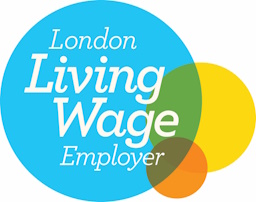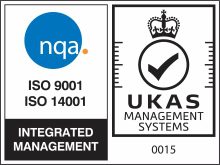If you’ve ever registered for a credit card, purchased a car on finance or applied for a mortgage, you’ll be aware of your own personal credit rating. All adults have a credit score – a rating that lenders use to see how likely you are to default on a loan or credit card, generated via credit reports with credit reference agencies (CRAs) like Experian.
Staying within your overdraft limit, avoiding bad debt and paying bills on time all help build a good personal credit rating, enabling you to access preferential rates on finance products.
A business credit score works on a very similar basis, yet many small business owners have never even considered checking their business credit report or, in some cases, know little about them.
If you’re a sole trader, lenders will use your personal credit score to determine your creditworthiness, but if you set up a limited company, you can build your business credit rating independently.
Just as boosting your own credit rating can help you secure a good deal on a mortgage for your dream home, looking after your business credit score can help you achieve your business goals. Indeed, access to finance could mean the difference between taking your company to the next level or staying stuck in a professional rut.
Having a good business credit score can also save you money in the long term, giving you access to business loans with lower interest rates. The opposite is true if your score is low, since you may only be offered higher rates that could impact your finances and ability to grow.
You can regularly check your business credit score with Experian ‘My Business Profile’ and sign up for alerts that notify you when your credit record changes. Then you can act fast to rectify any problems.
Find out more about Experian ‘My Business Profile’ and the free trial/discount offer.













You must be logged in to post a comment.